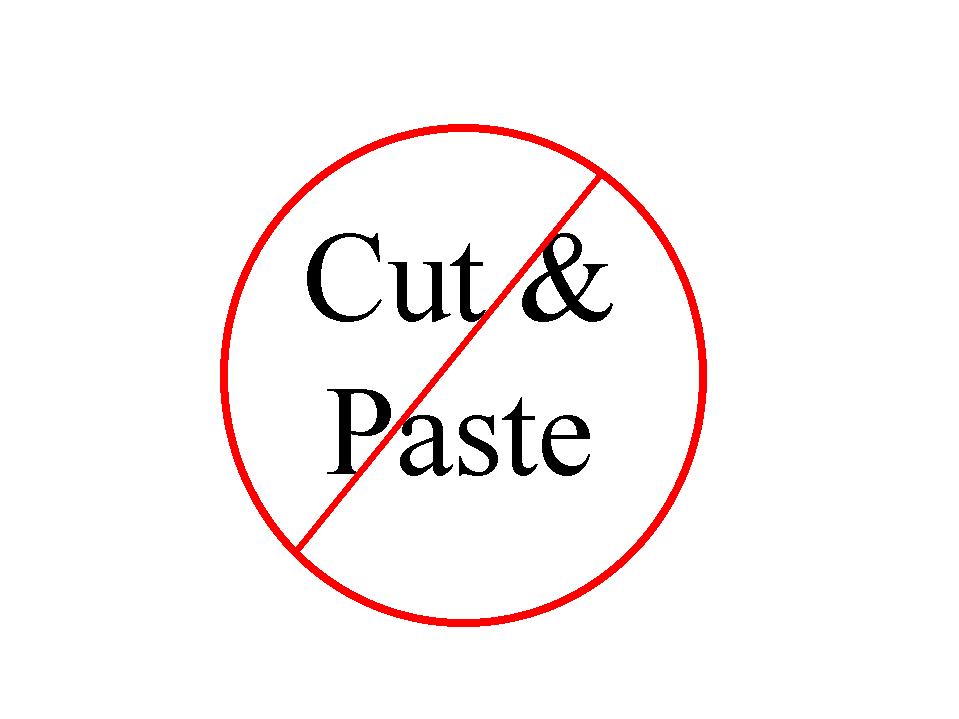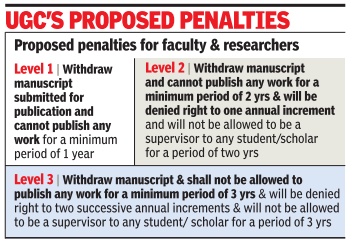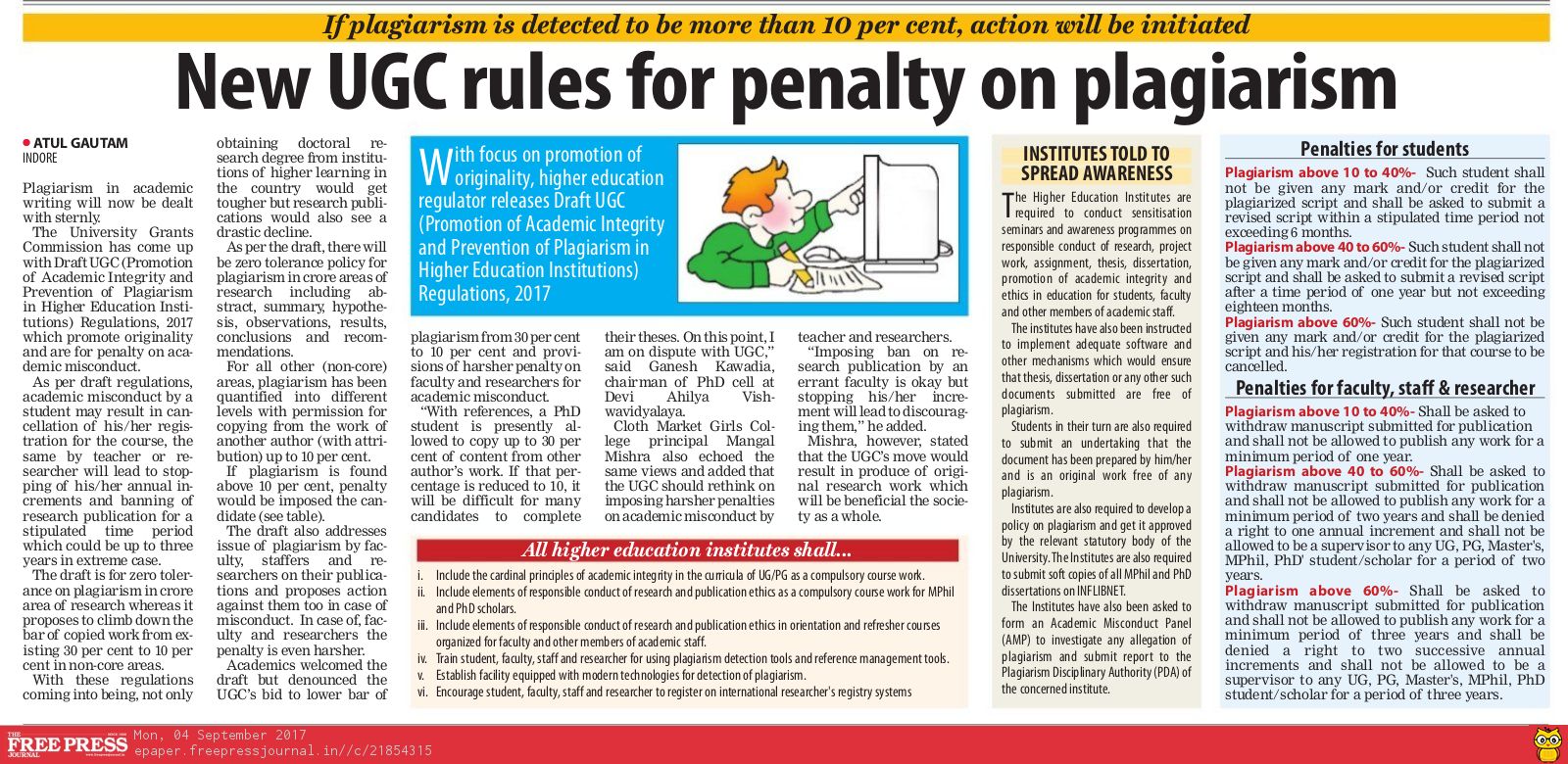THESIS
Topic Selection
Nothing can be worse than realizing that you may have chosen the wrong PhD Thesis topic, especially after weeks of planning and meetings with your supervisor.
A bad topic may result in following difficulties
- Not Enough Literature
- Feeling De-Motivated
- Data Collection and Analysis Difficulties
- Rejection by Evaluator
In short success of whole Thesis depends upon the topic.

At Writekraft helps you in choosing the correct Thesis topic which speaks to an area of current or future demand. It will be well researched topic that will be in need of development and verification. Moreover, the Thesis topic will be of interest to you, your guide, and the research community.
Aims and Objectives of Thesis
Formulation of aims and objectives of your PhD Thesis, Thesis or any other type of research work in an appropriate manner is the most important aspect because it determines the following main aspects of your research work namely:
- The scope of the Thesis
- The depth of the Thesis
- The overall direction of the research
Choosing the topic too broadly or choosing unrealistic aims and objectives might bring your PhD Thesis to a halt.
Writekraft helps you design realistic and specific objectives that are relevant to your research field and eventually helps you to get approval for your Thesis, Synopsis or Research work.
Hypothesis
The entire PhD Thesis revolves around the research Hypothesis so making a mistake here could ruin the whole research work. Needless to say, it can all be a little intimidating, and many students find this to be the most difficult stage of their Thesis work.
A good Hypothesis has the following three main features:
- It clearly identifies the question being studied in Thesis.
- It is an educated, testable prediction about the results.
- It is written in clear and simple language.
Writekraft provides you with a promising Hypothesis by following the steps of the scientific process by finding an area of research and potential research problem and creating a testable Hypothesis. We ensure that we are asking the right questions and wording your Hypothesis statements correctly.
Literature Review
The Literature Review mostly appears near the start of your PhD Thesis (after the Introduction chapter) and is a key part of your overall PhD structure. It is a summary of the current writings in the field you are researching and into which your PhD will eventually fit. Rather than simply a list of different writers in the field and their opinions, your Literature Review should give a clear idea of the whole field as it currently stands, describing different bodies of literature, providing varying standpoints on the important issues, and indicating where general opinions have recently changed or are currently being challenged. It must provide a critique of each work, not simply a summary of the books and articles to which you prefer.
Major problems faced by students while designing literature are:
- Shortage of time to read and evaluate every word available on your topic (but in the Literature Review you have aim to demonstrate wide reading).
- Structuring the Literature Review properly.
- Difficulty to find authoritative works written by experts.
- Referencing and citing each work.
- Creating a conceptual framework.
Writekraft helps you in writing Literature Review in the following manner:
- We will clearly define a Topic and Audience and find most relevant article by Searching and Re-searching the Literature.
- We will identify the Type of Review You Wish to Write and will Keep the Review Focused, but Make It of Broad Interest.
- By creating a Logical Structure we will make the review Critical and Consistent.
- The Review will be include both recent as well as Older Studies.
Apart from that we ensure the Use of Feedback provided by our network of research scholars. We also make use of any research published by you in the similar field.
Research Methodology
The design is the structure of any scientific work. It gives direction and systematizes the research. The method you choose will affect your results and how you conclude the findings.
Writekraft helps you in designing your research methodology section by clearing answering two fundamental questions:
- How was the data collected or generated?
- And, how was it analyzed?
Writekraft helps you in designing the methods and tools used for conducting your research work. For this Writekraft analyzes your research question, hypothesis etc and the available options firstly and then suggests you an appropriate method for your Thesis. The justification of selection is also discussed in the research methodology chapter. Research philosophy, research strategy, research approach, research purpose etc. will be discussed in this chapter along with data collection methods, sampling strategy, data analysis plan etc. Moreover, this chapter will also discuss the ethical considerations of the study.
Specifically, Writekraft helps you in explaining the following aspects your research methodology:
Research Process
Research process will be explained and if needed Research onion model will be used for understanding the research process.
Research design
Research design will be explained i.e. if it is exploratory, descriptive orexplanatory.
Research Philosophy
Research philosophy will be explained i.e. if it is Positivism, Interpretivism or Realism.
Research Approach
Research Approach will be explained i.e. if it is inductive and deductive approaches.
Sampling Techniques
Sampling Techniques will be explained i.e. if it is Simple random sampling, systematic sampling, stratified sampling etc. Sample size and sample procedure will also be explained.
Ethical Issues
When considering research involving human participant there are many ethical issues. Writekraft designs the ethical issues section by outlining the various ethical issues taken into mind while conducting the research.
Data Analysis Plan
Data analysis will be explained wherein it will be discussed which kind of statistical tools will be used such as SPSS (For Tests such as Regression Analysis, ANOVA, Chi-Square Tests, Z-Tests, Correlation, MANOVA, T-Tests, etc), AMOS, MS excel etc for analysis of the collected data.
Research Limitations
In spite of best of efforts to minimize all limitations some might creep in course of the research, this will be aptly discussed in the research limitation section.
Research Strategy
Research strategy will be explained i.e. if it is experimental, survey, case studies, observation, grounded theory or ethnography, etc.
Data collection will be explained i.e. if secondary and primary data collection methods are used
Furthermore, Primary data collection methods that are used will be explained i.e. if it is Observation research, Quantitative research or Qualitative research.
Data Analysis
Data analysis, also known as analysis of data or data analytics, is section which analyzes and, transforms data collected by the researcher into meaningful interpretations that suggests the conclusion of the research and supports the attainment of objectives of the research work. It is important that you use methods appropriate both to the type of data collected and the aims of your research.
At Writekraft we help you to analyze both types of data, i.e. Primary (Quantitative or Qualitative) and Secondary.
For Quantitative data, which is typical of scientific and technical research, and to some extent sociological and other disciplines, we conduct rigorous statistical analysis as is required in most cases.
Qualitative data is generally, but not always, non-numerical. However, that doesn’t mean that it requires less analytical acuity. Writekraft carries out thorough analysis of the data collected by using various methods such as thematic coding or discourse analysis etc.
It can be difficult to represent large volumes of data in intelligible ways. In order to address this problem Writekraft helps you by considering all possible means of presenting what you have collected. Charts, graphs, diagrams, quotes, table and formulae are used as per the unique advantages in certain situations.
Discussion
If you are feeling anxious about the discussion section rest assured you are not alone. It’s an issue that comes up time and time again with our clients. There’s no one answer that can help everyone because every Thesis is original
Writekraft helps in making your discussion in the following manner:
- It will discuss the Answer of those questions posed in the introduction
- It will discuss how the answers are supported by the results and findings of the primary and secondary research
- It will discuss how the answers fit relative to the Literature Review conducted in the research
Conclusion
Conclusion is one of the most important parts of your Thesis work. It is possible that evaluators and guides or review committee might choose to save their time and get a good overview of your Thesis by looking briefly only at the conclusion. Thus, you will want to ensure that your conclusion really does conclude, and does not just go off at a tangent to discuss something that is unrelated to the Thesis. You must draw out key aspects of the literature you have studied and primary study you have conducted along with your recommendations and say how they are justified or contradicted by your research.
Writekraft helps you in this regard in the following manner:
- It will create a summary of the main parts of the Thesis
- It will create a deduction made on the basis of the main body
- It will create a personal opinion on what has been discussed
- It will create a statement about the limitations of the work
- It will create a comment about the future based on what has been discussed
- It will create a implications of the work for future research
Referencing
Referencing allows you to acknowledge the contribution of other writers and researcher in your work. As per UGC guidelines all university PhD Thesis that draw on the ideas, words or research of other writers must contain citations. However, the references are needed to be listed as per the style required by the university. Generally students have knowledge of referencing style and this leads to referencing in correct manner and rejection of completed Thesis. Generally Thesis from different subject like law Thesis, management Thesis are required to be cited and referenced in different referencing styles such as Writekraft correctly cites sources used in your Thesis and create referencing in the correct styles.
Our experts are fully versed in all referencing styles such as:
- APA
- MLA
- Oxford
- Harvard
- Chicago
- OSCOLA
- IEEE
And so on…
Plagiarism check
It is important that PhD scholars to properly attribute and acknowledge the work, data and ideas of others. Plagiarism is accorded as cheating, malpractice and misconduct in India and scholars whose Thesis can be shown to contain plagiarism are subject to penalties not only as outlined by the UGC but also face serious legal penalties that can end their professional and academic lives completely. As per the latest regulation by UGC any scholar whose Thesis is found to have plagiarism level more than 10% will be penalized by the UGC. Moreover the guide of the said student will also be removed from service. See LINK for complete news. Writekraft provides completely non plagiarized content along with plagiarism reports. Moreover Writekraft rewrites your Thesis through subject experts to remove plagiarism from your Thesis work.
Formatting of Thesis
A scholar has not completed the requirements leading to a PhD degree until the Thesis has been formatted as per the guidelines set by the university such as chapterizations page count, referencing style, line spacing etc. Sometime scholar realizes after completing the whole Thesis that the research work is not as per the format given by the university and risks convocation deadlines or be required to register for an additional term if the Thesis needs substantial revisions in order to meet the university guidelines. This is single most important aspect of any Thesis that the same style (as given by the university) must be followed throughout.
Writekraft creates a high-quality final draft of your research work by editing and correcting your Thesis, conduct spell checking, create footnotes and endnotes, page numbers, and tables of contents and indexes. We thoroughly check your Thesis to see it matches with the guidelines as mentioned in the university manual. We then edit the document accordingly.






